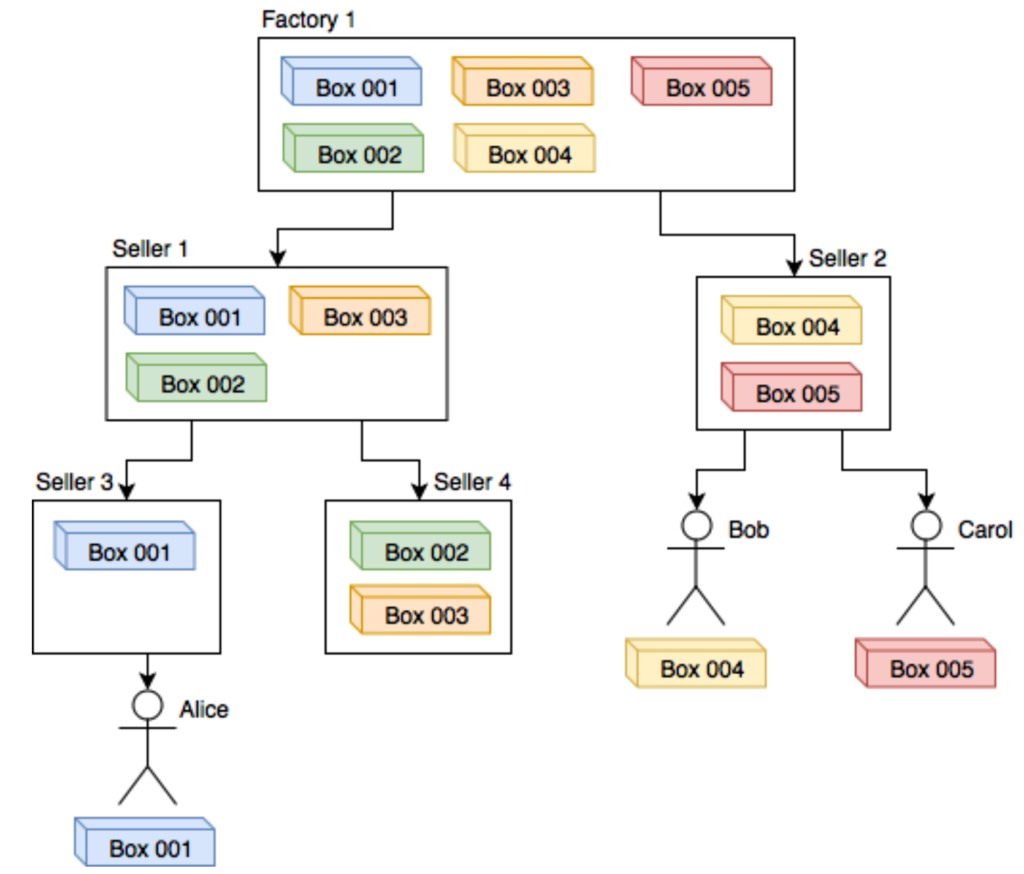This post aims to show how blockchain, the technology behind Bitcoin and Ethereum, can prevent counterfeit goods. We’re not delving into anything too technical so rest easy. In fact, we’re going to use an example scenario to help us through this to make it as ‘real world’ as possible: malaria pills.
Counterfeit malaria pills
This is a critical problem in Africa. Imagine a relative is suffering from malaria and you head out to buy the life-saving pills at an extortionate price. Only to find out they’re fakes. There is a way avoid this life or death gamble.
Hint: the key is not to prevent production of fake pills, it’s to prevent anyone from selling fake pills.
Let’s look at the situation more closely:
- The problem: bad actors sell counterfeit pills, taking advantage of a desperate buyers unable to verify the pills’ origin.
- A solution: identify and track every pill to verify ownership before purchase.
In our ideal system, every pill (or individual pack) made in a legal factory is registered on a database. The manufacturer is the owner of all these pills until it sells in bulk to registered dealers, who sell them on to other dealers, and so forth. At each step, the owner of the pill/pack is updated on the ledger. This would provide full transparency on where each item comes from and who owns it, in real time.

In the diagram above, we can see how pill boxes are distributed. So how do we know who owns what at any given time?
To make our ideal system work we need a shared database that:
- Anyone has access to; everyone can participate and check a seller is indeed the owner of legitimate pills
- Everyone can prove their identity; only the seller can prove they are the rightful owners of the pills they claim to have
- Anyone can submit valid changes; when pills are sold, the owner is correctly updated
- No one can change past records; such that you can’t have someone ‘make themselves’ the owner of pills they never bought
And that is precisely what blockchain allows you to do using a distributed ledger. Additionally, on blockchain it is impossible to change a record once registered on the network, and it’s also impossible to impersonate someone else without having their private access information.
So how does this prevent counterfeit goods?
You might think that someone with legitimate pills on the network could sell you fake pills in real life. Sure, they can, but they won’t be able to sell the real ones they kept as everyone can see they don’t own these anymore!
In a market where the stakes are this high for a buyer, it is simply not worth the risk to buy from someone outside the system. Unverified sources are effectively prevented from placing (and thus selling) their products on the market.
Final remarks
Malaria pills are just one example among many. Any product where buyers need to know the origin of an item would greatly benefit from a similar system. This also includes digital goods like songs, images, video game items, and more.
To implement such a system is not easy and raises loads more questions: how do you verify legitimate companies? Who gets to verify legitimate companies? Does everyone need a smartphone to participate? Can this work offline in remote areas? To track items do you use a bar code, integrate a chip or just use a serial number? The list goes on, but each question also represents an opportunity for innovation. Let’s get to work!
—
Learn more
- ReceiptChain: try this concept at home with any object by taking a picture of it (full disclosure: I know the team)
- Blockchain uses (wiki)
- What is a Distributed Ledger? article on Coindesk
References
- Diagram made with draw.io, open source software
- Distributed ledger (wiki)
[…] View Source […]